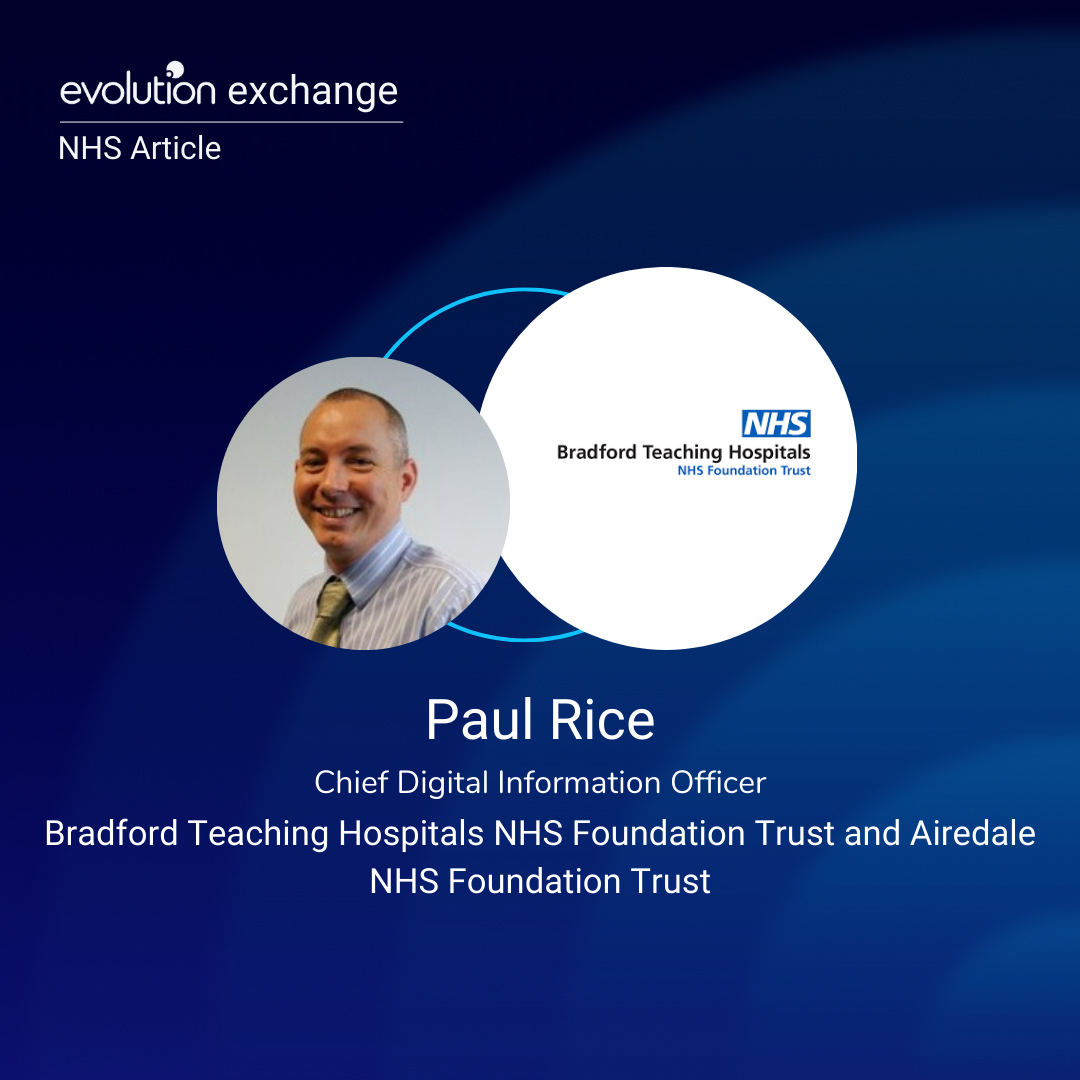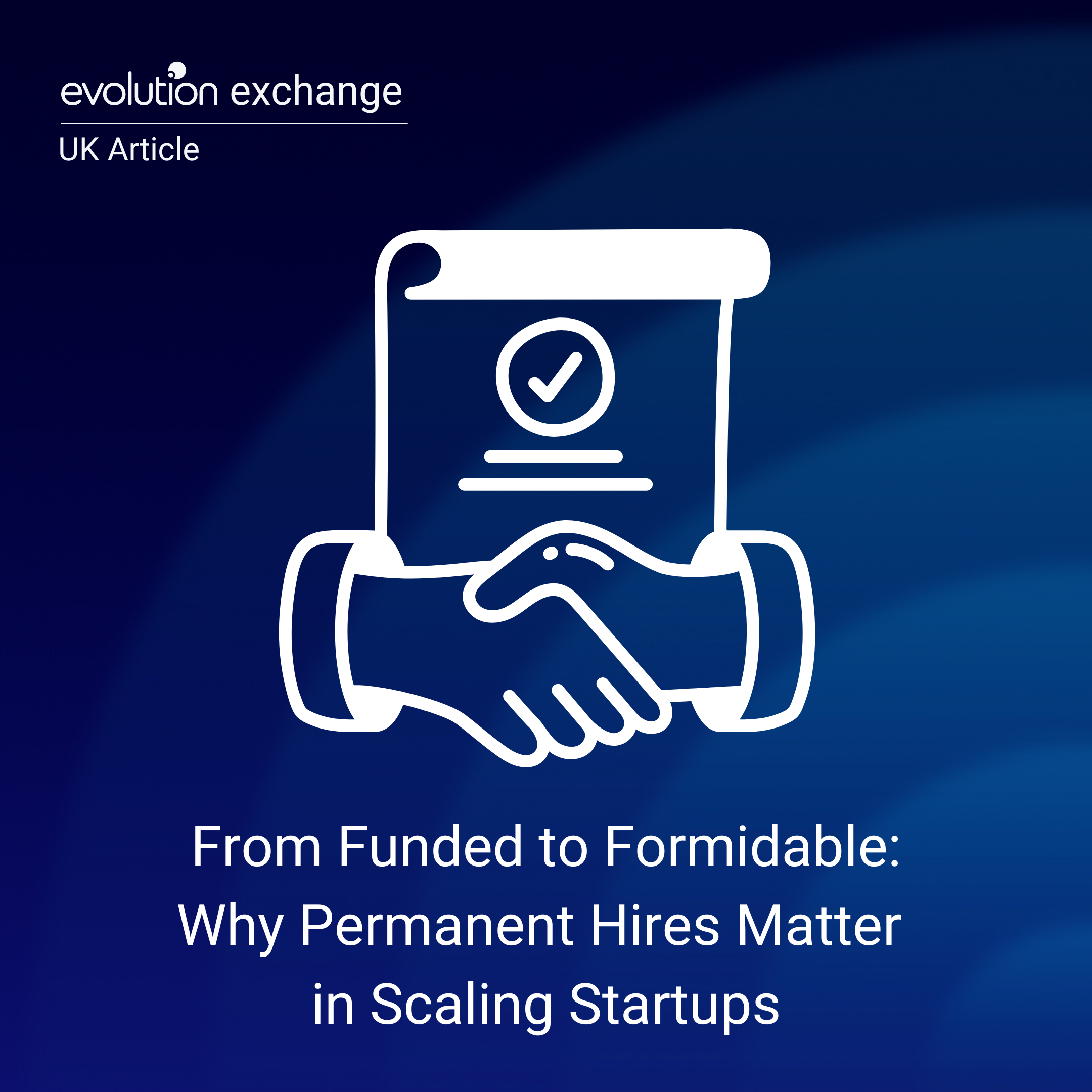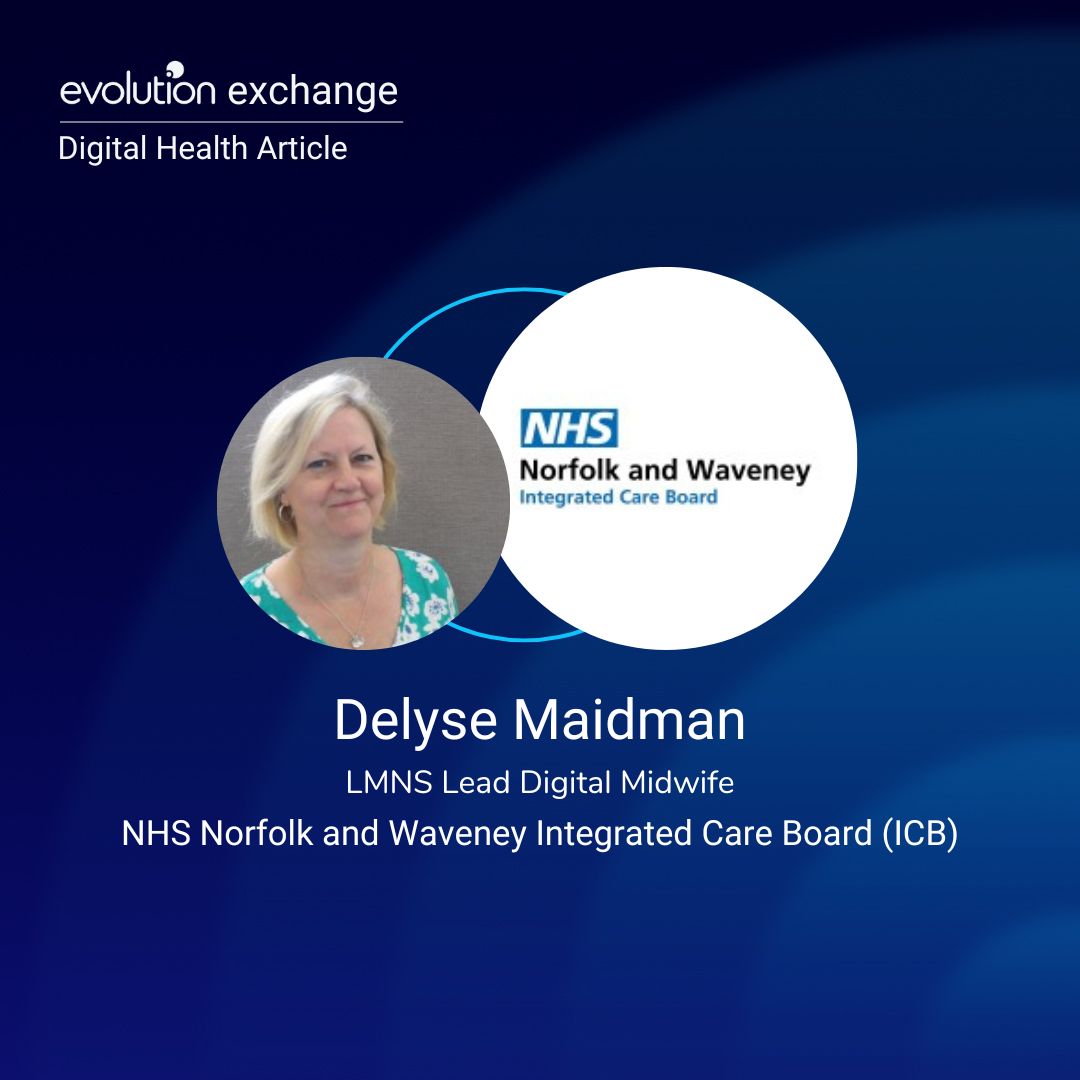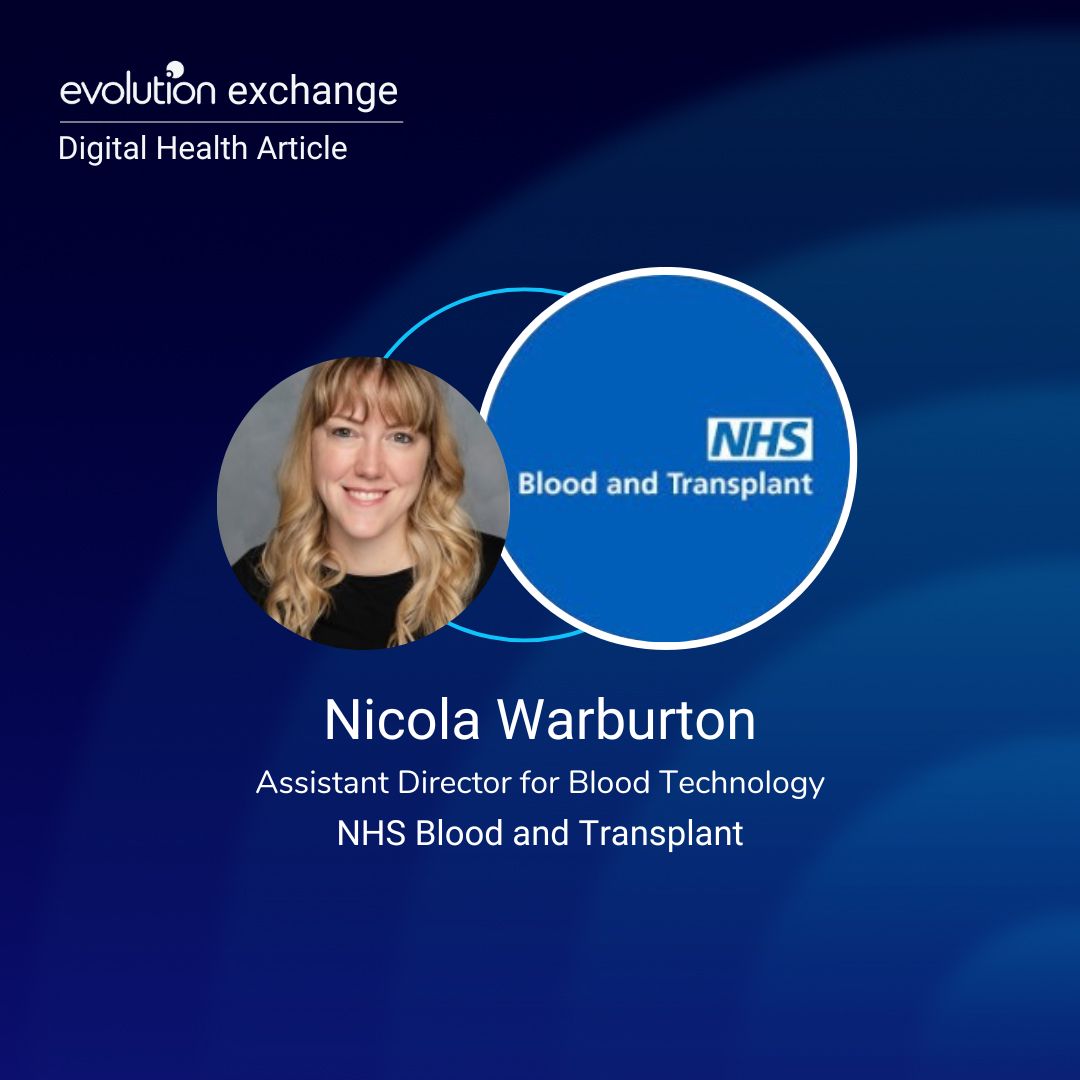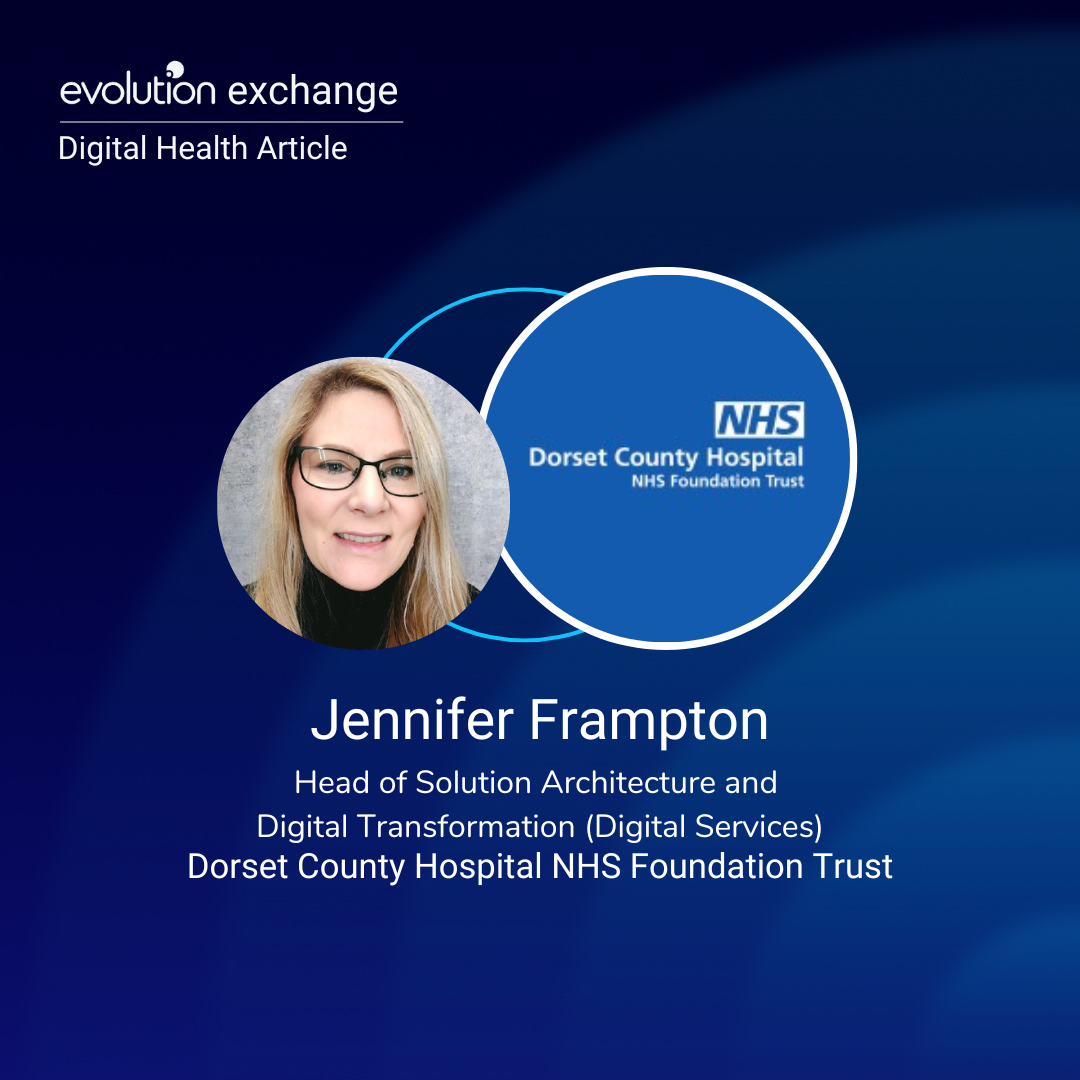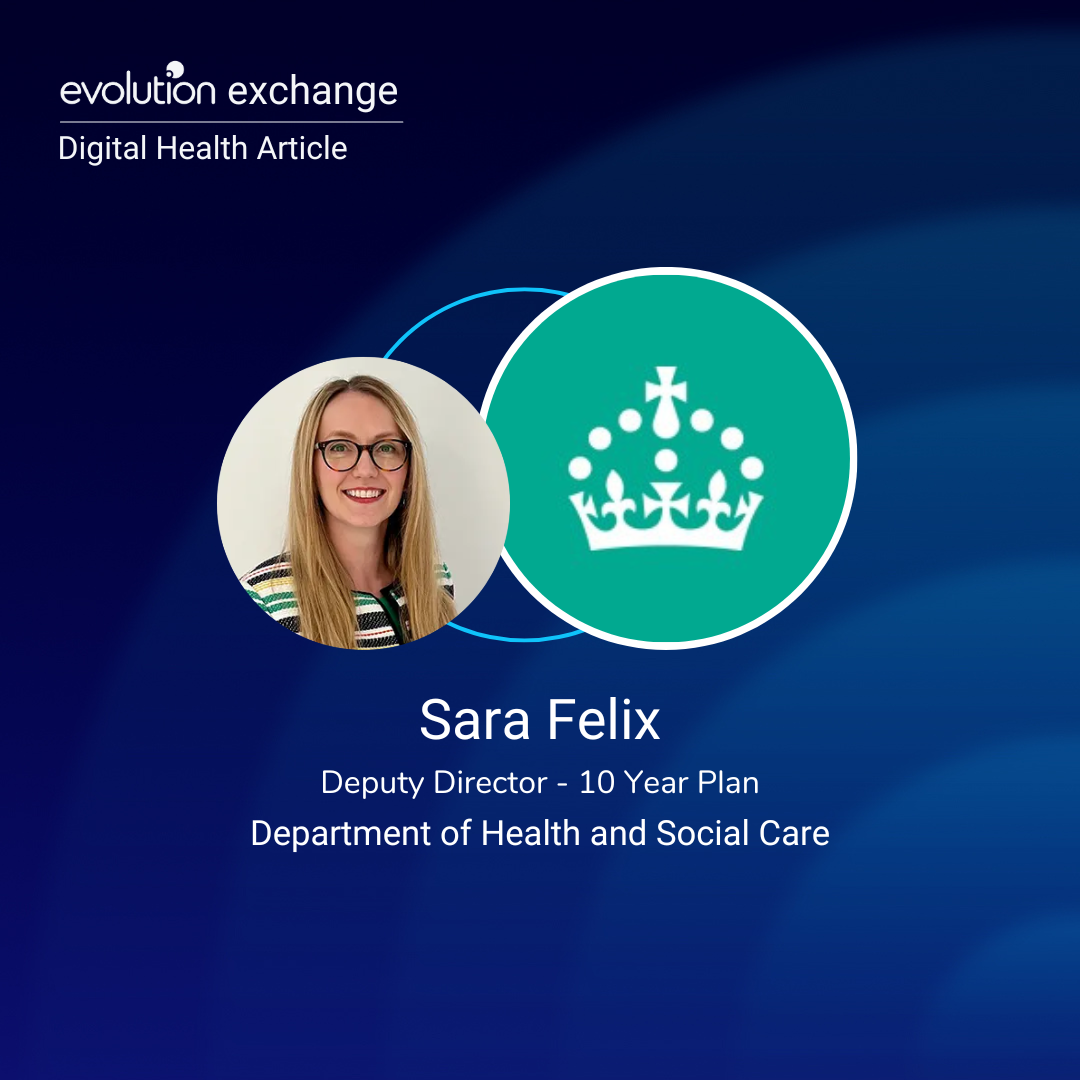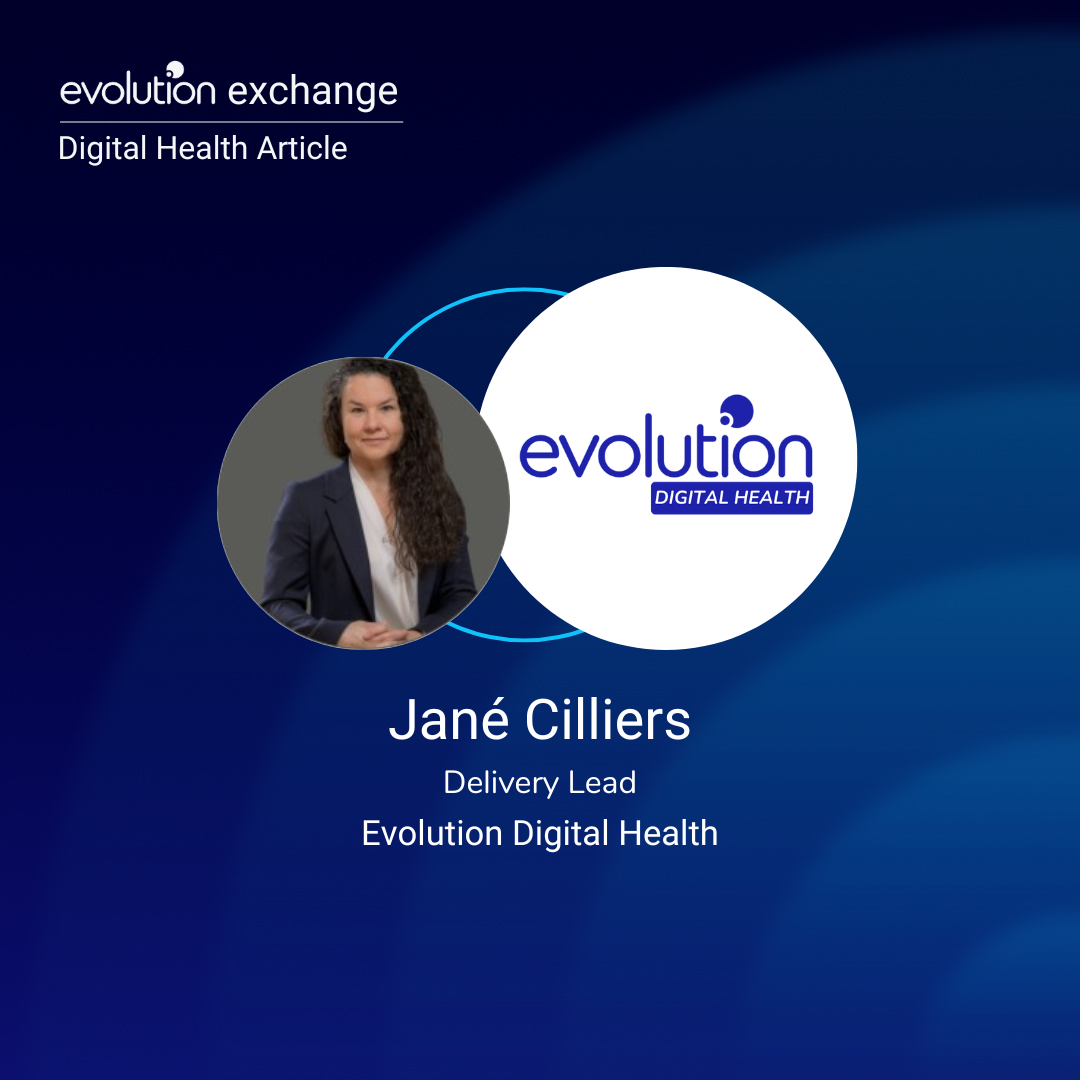Paul Rice has dedicated his 25-year career in the NHS to advancing digital health and promoting inclusion. Currently serving as Chief Digital Information Officer at Bradford Teaching Hospital and Airedale NHS Foundation Trust, Rice has moved between national, regional and local roles focused on IT, quality improvement and organisational change.
“I was historically a university academic,” Paul explained, detailing credentials in law, accounting and philosophy. “I decided that I didn’t want to pursue an academic career and I wanted to then explore whether I could be a general manager in the NHS.”
Over the past decade, Paul has worked to integrate his expertise in digital, quality and change management. “It just struck me as odd that the NHS wasn’t getting the best out of both those worlds,” he said. Paul pointed to his current blended portfolio encompassing “strategic leadership work and some longer term development work” while still ensuring that services keep running.
Centring Allyship and Inclusion
For Paul, digital transformation in healthcare necessitates an inclusive mindset and diverse workforce. As he put it: “We cannot fundamentally deliver the services to the population we’re here to serve if we only understand a fragment of the experience of a few people in that population.”
He views allyship as critical for “acknowledging unfairness and uneven opportunity distribution” and then working to counterbalance them. This entails “supporting colleagues from all backgrounds” and spurring “initiatives that mean we get more diversity at the top of our organisations.”
Paul recognises allyship can feel paralysing, noting: “Do you get off your backside and try and do something different about it, or do you just observe it?” He highlighted the importance of calling out inappropriate behavior, sharing an example where he could have spoken up against language disrespecting junior doctors. His approach encompasses big and small efforts alike.
Early in his career, Paul supported HIV/AIDS charities during the “Tombstone” crisis years. More recently at the national level, he ensured funding for women’s networks in digital health. Locally, he has prioritised mental health, including post-pandemic anxiety and stress.
Among Paul’s proudest efforts is championing Project Search, which helps neurodiverse individuals and those with learning disabilities enter the workforce. “When you see the graduates receiving their certificate, confidently serving it up to the audience about hearing their voice and respecting their achievements…it’s one of those heart-swelling, tears-in-your-eyes moments,” he said.
The Importance of Curiosity and Vulnerability
According to Paul, effective allyship requires curiosity about the range of human experiences, along with openness regarding one’s own vulnerabilities. “I’m really curious about the people I live and work with and love and befriend,” he said. Through certain relationships, “you realise that the world is not even and equal.”
Paul believes leaders should bring “the whole of me” to their roles. He’s forthcoming about mental health experiences in his family, as well as the intimate ways his Irish upbringing during the Troubles has shaped him.
This spirit of curiosity, vulnerability and tireless action characterises Paul’s vision of digitally-powered, radically inclusive leadership in the NHS. Whether speaking candid truths or uplifting marginalised groups, he epitomises what modern healthcare allyship entails.










